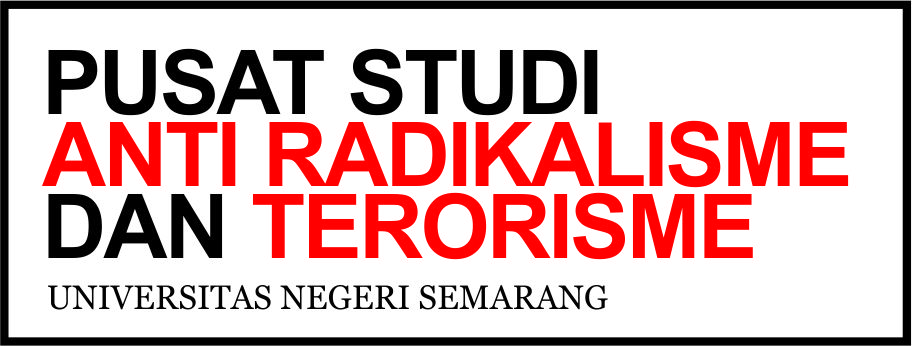THE IMPLEMENTATION OF RESTORATIVE JUSTICE BY INDONESIAN NATIONAL POLICE INVESTIGATORS IN TRAFFIC ACCIDENTS RESULTING IN DEATH
Abstract
Full Text:
PDFReferences
Braithwaite, Jhon. Restorative Justice & Responsive Regulation. New York: Oxford University Press, 2011.
Bondan, Gandjar L. Reparasi dan Kompensasi Korban dalam Restorative Justice. Jakarta: Kerjasama antara Lembaga Perlindungan Saksi dan Korban dengan Departemen Kriminologi FISIP UI, 2011.
Dewi, DS. dan Fatahillah A. Syukur. Mediasi Penal:Penerapan Restorative Justice di Pengadilan Anak Indonesia. Bandung: Indi Publishing, 2011.
Edwards III, George C. Implementing Public Policy. Washington, D.C: Congressional Quarterly Press, 1980.
Ivo Aertsen, dkk. Restorative Justice and the Active Victim: Eploring the Concept of Empowerment. Journal Temida. Maret 2011.
Kusuma, Mahmud. Menyelami Semangat Hukum Progresif; Terapi Paradigmatik Atas Lemahnya Penegakan Hukum Indonesia. Yogyakarta: Antony Lib bekerjasama LSHP, 2009.
Masyhar, Ali. Pergulatan Kebijakan Hukum Pidana Dalam Ranah Tatanan Sosial. Semarang: Unnes Press, 2008.
Muhammad Mustofa. Hak Asasi Manusia: Diskresi Kepolisian dan Restorative Justice di Indonesia Dalam Rangka Penegakan Hukum dan Ketertiban Sosial. Jurnal Hukum dan Pembangunan, 2005 (2): 202-216.
Sudarto. Hukum dan Hukum Pidana. Bandung: Alumni, 1997.
United Nations. Handbook on Restorative Justice Programmes. New York:United Nations Publication, 2006.
Utari, Indah Sri. Pengantar Filsafat Hukum. Grobogan: CV Sarnu Untung, 2017.
Winarno, Budi. Teori dan Proses Kebijakan Publik. Yogyakarta: Penerbit Media Pressindo, 2007.
Peraturan Perundang-undangan:
Undang-Undang Dasar 1945.
KUHP.
Undang-Undang Nomor 8 Tahun 1981 tentang Hukum Acara Pidana.
Undang-Undang Nomor 22 Tahun 2009 tentang Lalu Lintas dan Angkutan Jalan.
Undang-Undang Nomor 2 Tahun 2002 tentang Kepolisian Negara Republik Indonesia.
Peraturan Pemerintah Nomor 27 Tahun 1983 tentang Pelaksanaan Kitab Undang-Undang Hukum Acara Pidana.
Peraturan Pemerintah Nomor 58 Tahun 2010 tentang Perubahan Atas Peraturan Pemerintah Nomor 27 Tahun 1983 tentang Pelaksanaan Kitab Undang-Undang Hukum Acara Pidana.
Peraturan Pemerintah Nomor 92 Tahun 2015 tentang Perubahan Kedua Atas Peraturan Pemerintah Nomor 27 Tahun 1983 tentang Pelaksanaan Kitab Undang-Undang Hukum Acara Pidana.
Peraturan Kepala Kepolisian Negara Republik Indonesia Nomor 23 Tahun 2010 tentang Susunan Organisasi dan Tata Kerja pada Tingkat Kepolisian Resort dan Kepolisian Sektor
Peraturan Kepala Kepolisian Negara Republik Indonesia Nomor 14 Tahun 2011 tentang Kode Etik Profesi Polisi Republik Indonesia.
Peraturan Kepala Kepolisian Negara Republik Indonesia Nomor 15 Tahun 2013 tentang Tata Cara Penanganan Kecelakaan Lalu Lintas.
Refbacks
- There are currently no refbacks.










